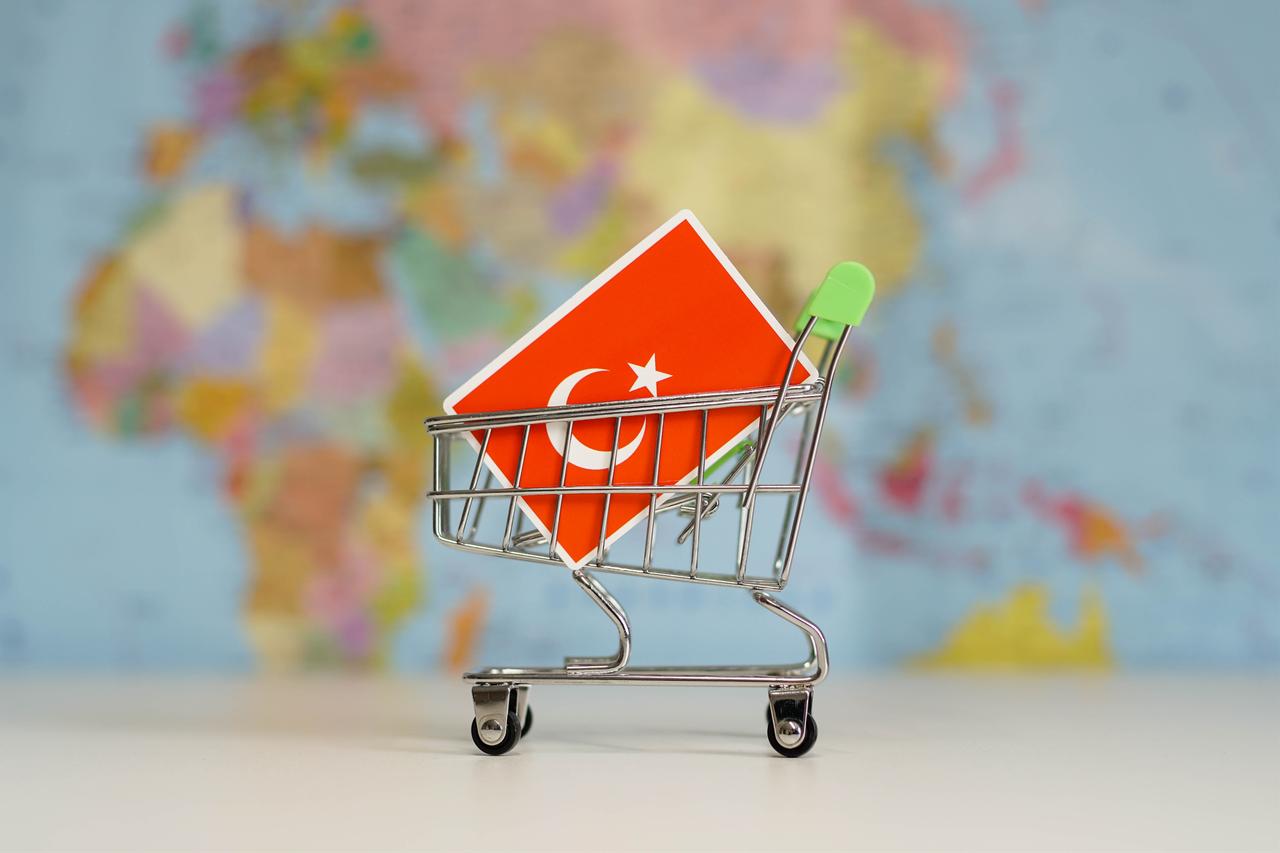
The European Union is preparing to abolish the customs duty exemption for overseas e-commerce orders under €150 ($173) beginning in 2026, a move that could directly impact Türkiye’s growing e-export sector, especially small-scale businesses that rely on cross-border shipments to EU markets.
While the proposed regulation primarily targets goods originating from China, it is expected to apply broadly to all non-EU countries, raising concerns in Türkiye’s business community that the country could be swept up in the broader enforcement.
Türkiye, a Customs Union partner with the EU, is calling for an exemption, citing its deep supply-chain integration with Europe and its status as a complementary—not competitive—trading partner.
Speaking to Turkish news agency Anadolu, Istanbul Chamber of Commerce (ITO) President Sekib Avdagic confirmed that the EU intends to reduce the current €150 customs exemption threshold to zero for imports from outside the bloc, subjecting those shipments to full customs procedures.
“The EU introduced this measure particularly to curb goods coming from China,” Avdagic said. “In 2024, 91% of all e-commerce shipments under €150 in the EU came from China. However, in the current proposal, it’s not clear which countries this measure will cover. This uncertainty could affect our entrepreneurs as well. Therefore, it must be clarified as soon as possible.”

Avdagic emphasized that Türkiye, as a Customs Union member and a close commercial ally of the EU, should be exempt from the measure. “Türkiye is not a threat to the EU economy like China. It is a partner that complements the EU,” he said, adding that the Ministry of Trade had already launched diplomatic efforts to secure an exemption.
Avdagic noted that e-exports from Türkiye are expected to reach $8 billion this year, with a large portion destined for EU markets. “If the EU excludes Türkiye from the customs exemption, this will negatively affect our e-exports at the SME level,” he warned.
Turkish Exporters Assembly (TIM) President Mustafa Gultepe echoed the concerns, saying the regulation—though aimed at China—would also place pressure on Türkiye’s e-export sectors, especially in textile and ready-wear.
“The share of e-exports in Türkiye’s total exports is just 2.5%, or around $6.5 billion,” Gultepe said. “The EU holds an important place within this volume. Moreover, the fact that international spending on Turkish e-commerce platforms makes up only 6.2% of total e-commerce shows that the sector is still fragile and has not yet reached scale.”
Gultepe warned that applying the customs duty to low-value shipments could increase costs and reduce competitiveness for Turkish SMEs that rely on e-commerce platforms to reach EU customers.
“In this negative scenario, production workshops and small businesses will inevitably face a decline in orders, along with risks of revenue and employment loss,” he said.
Both Avdagic and Gultepe stressed that Türkiye’s exemption request should highlight its unique position in the Customs Union, its supply-chain integration with the EU, and its compliance with EU standards.
“If an exemption cannot be secured, balancing measures—such as strengthening e-export incentives targeting the EU and reducing logistics costs—will be important for our exporters to maintain competitiveness,” Gultepe said.
The European Commission has not yet clarified whether Türkiye will be subject to the planned measure. Negotiations and technical consultations are expected to continue into 2025 ahead of the regulation’s scheduled implementation in 2026.